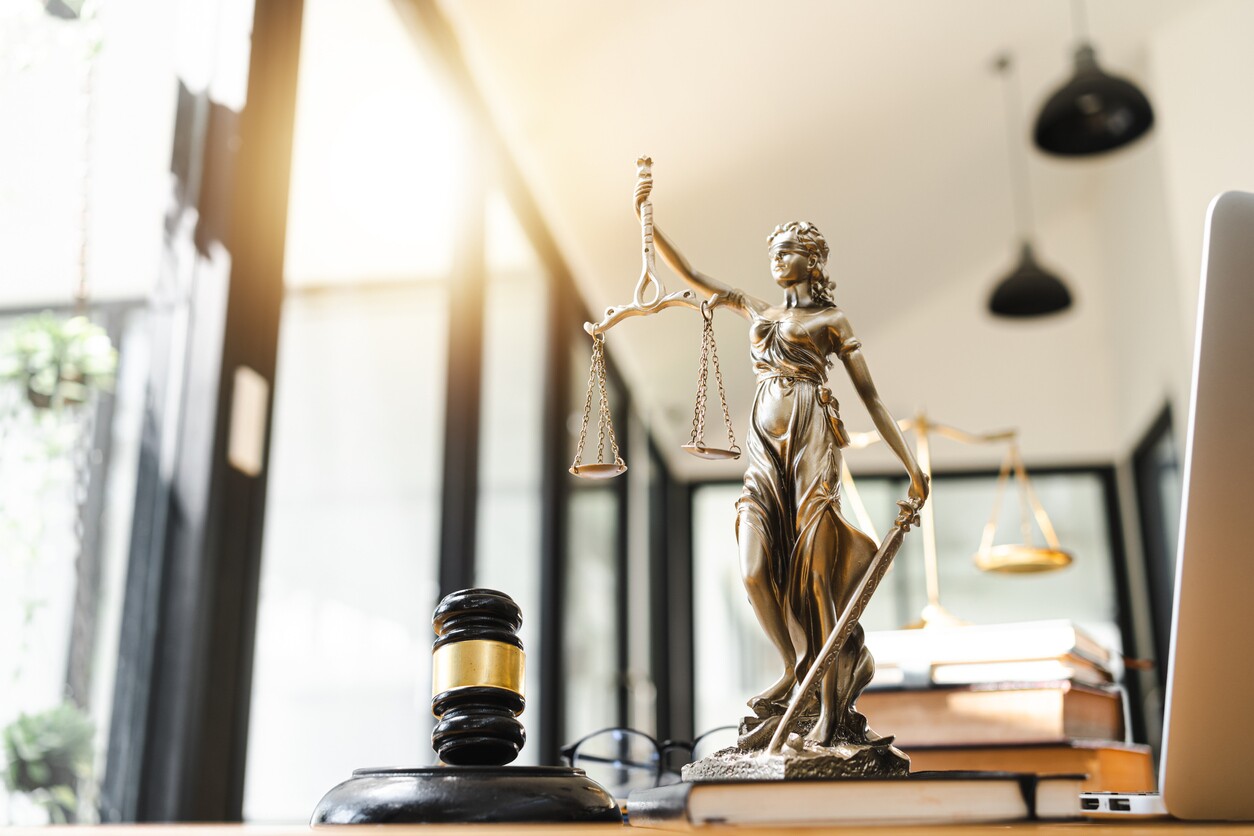Mark Roman | August 17, 2024 | Firm News

Judges are responsible for efficiently handling legal cases and maintaining order. They serve an essential role in the judicial process. But what does it take to become a judge? And what are the differences between federal judges and other judges? A lawyer experienced working in various court systems can answer these probing questions for you.
What Is A Federal Judge?
Federal judges serve in federal court. Article I federal judges do not have life terms and serve as magistrates, bankruptcy judges, or as judges in other tribunals as specified under Article I of the United States Constitution.
Article III federal judges serve lifelong terms and are appointed by the President of the United States and confirmed by the U.S. Senate. These judges are appointed to serve in the following courts:
- The United States Supreme Court
- U.S. Courts of Appeal
- U.S. District Courts
- Court of International Trade
These judges can only be removed for unethical behavior.
What Do Federal Judges Do?
Federal judges serve many critical roles in the judicial process, including:
- Deciding whether to hear a case based on its merits
- Resolving pre-trial motions
- Reviewing discovery progress in cases
- Leading court proceedings
- Supervising other court employees
- Using established laws and guidance to make important decisions
- Managing the court system
The judge appointed to your case can significantly impact it, so it’s vital that they are qualified.
Requirements To Become A Federal Judge
The actual requirements to become a federal judge are much less strenuous than the process of becoming one. The written requirements are minimal. Federal judges do not technically have to have experience as a judge to be appointed to this position; a law degree isn’t even required by the Constitution.
However, it is unlikely that someone with no experience would become a federal judge. The President nominates a person for a position as a federal judge. Then, the Senate reviews the candidate’s background and checks their qualifications. If the Senate finds that the nominee lacks relevant experience, they may not confirm the candidate for this role, and the process would start again.
During the vetting process, the Federal Bureau of Investigation (FBI) and the Justice Department may run additional background checks on the nominee. If the nominee has experience as a judge, they will analyze past decisions and review the judge’s published opinions and other academic writings.
The American Bar Association (ABA) can also review the nominee’s qualifications and issue an opinion. If the ABA endorses a nominee, the nominee is more likely to be appointed. The ABA rarely unanimously agrees that a nominee is not qualified, but it has historically happened before, which resulted in the process of appointing the nominee being halted.
Experience Necessary To Become A Federal Judge
Even if a nominee for a federal judgeship has never tried a single case, they can still be nominated. However, it is unlikely that such a person would be confirmed for the position when they lack relevant experience, thanks to the extensive vetting process, which should be a welcome relief to anyone whose case appears before a judge.
Contact Roman Austin Car Accident and Personal Injury Lawyers For Help With Your Case
At Roman Austin Car Accident and Personal Injury Lawyers, we understand how intimidating the legal system can be and that you want to know that the judge appointed to your case is qualified to handle it. Our legal team has an in-depth understanding of personal injury law and can guide you through the judicial process with confidence.
Learn about your legal rights and options following a personal injury incident when you contact our law firm for a free case review.







